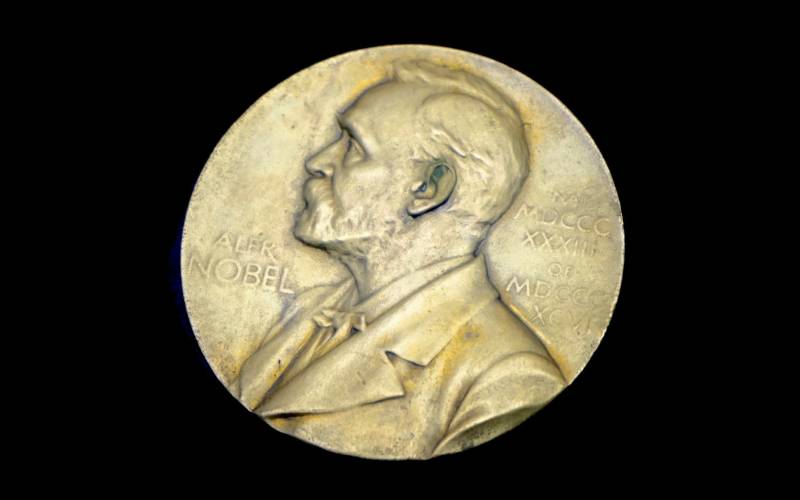Groundbreaking research into molecular construction has earned German chemist Benjamin List the 2021 Nobel Prize in Chemistry, making him the third EU-backed laureate this year.
It has been a rewarding year for Europe. Right on the heels of the Physics prize awarded to two EU-backed scientists, a third—Benjamin List—has won the 2021 Nobel Prize in Chemistry for developing an accurate new tool for molecular construction called asymmetric organocatalysis. The German chemist shares this award with US-based David MacMillan.
European Commissioner for Innovation, Research, Culture, Education and Youth Mariya Gabriel stated on an official EU website: “Another happy day for European science! After yesterday’s news on the Physics prize, another great mind, Benjamin List, wins the Nobel Prize in Chemistry. He has been backed by the EU for over a decade through two individual European Research Council grants. Congratulations to both laureates on winning one of the highest accolades in the world of science.”
A third catalyst
Catalysts play an important role in many chemical processes. In research and in industry, when chemists need to construct molecules to make plastics and other materials, store energy in batteries or stop a disease from progressing, they use catalysts. Catalysts speed up a chemical reaction by reducing the amount of energy needed to get it going.
For a long time, scientists believed there were only two types of catalysts, using metals and enzymes. Then in 2000, Professors Benjamin List and David MacMillan independently developed a third type called asymmetric organocatalysis that uses small organic molecules. Their achievement has had an enormous impact on pharmaceutical research and has made more environmentally friendly and cost-efficient chemical processes possible. In a press release posted on ‘The Nobel Prize’ website, Nobel Committee for Chemistry Chair Johan Åqvist described their concept as being “as simple as it is ingenious,” going on to say “that many people have wondered why we didn’t think of it earlier.”
Prof. List received EU funding for his research from the HIPOCAT and CHAOS projects. His work in HIPOCAT resulted in the development of novel disulfonimide Lewis acid catalysts, whose excellent organocatalytic properties paved the way for efficient synthesis of bioactive molecules. The CHAOS project focused on the design, synthesis and application of C-H acids as a platform for solving several long-standing challenges in asymmetric organocatalysis.
European Research Council (ERC) President Designate Prof. Maria Leptin said in the same official EU website news release: “Congratulations to today’s laureates! It is fantastic news that another ERC grantee has taken home a 2021 Nobel Prize. Benjamin List’s research develops efficient catalysts that enable researchers to build for instance new molecules for medicines or solar cells, making chemistry greener and more selective. The ERC can be proud to have placed trust in Professor List, supporting his work since 2011. The number of ERC grantees who go on to win a Nobel bears witness to that giving top researchers the freedom to pursue their scientific dreams truly pays off.” The HIPOCAT (High Performance Lewis Acid Organocatalysis) and CHAOS (C-H Acids for Organic Synthesis) projects were coordinated by Germany’s Max-Planck-Institut für Kohlenforschung, where Prof. List serves as director.
For more information, please see:
The post EU-funded scientist wins Chemistry Nobel Prize was originally published by CORDIS | European Commission.
Feature image by Florian Pircher from Pixabay.


